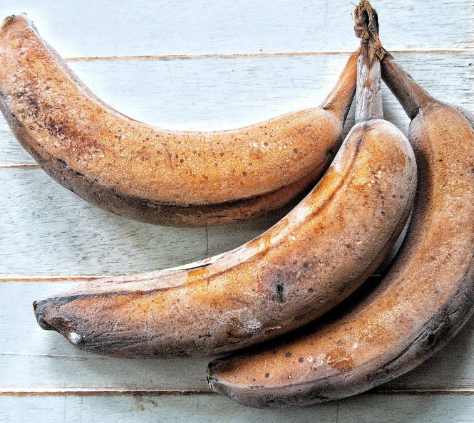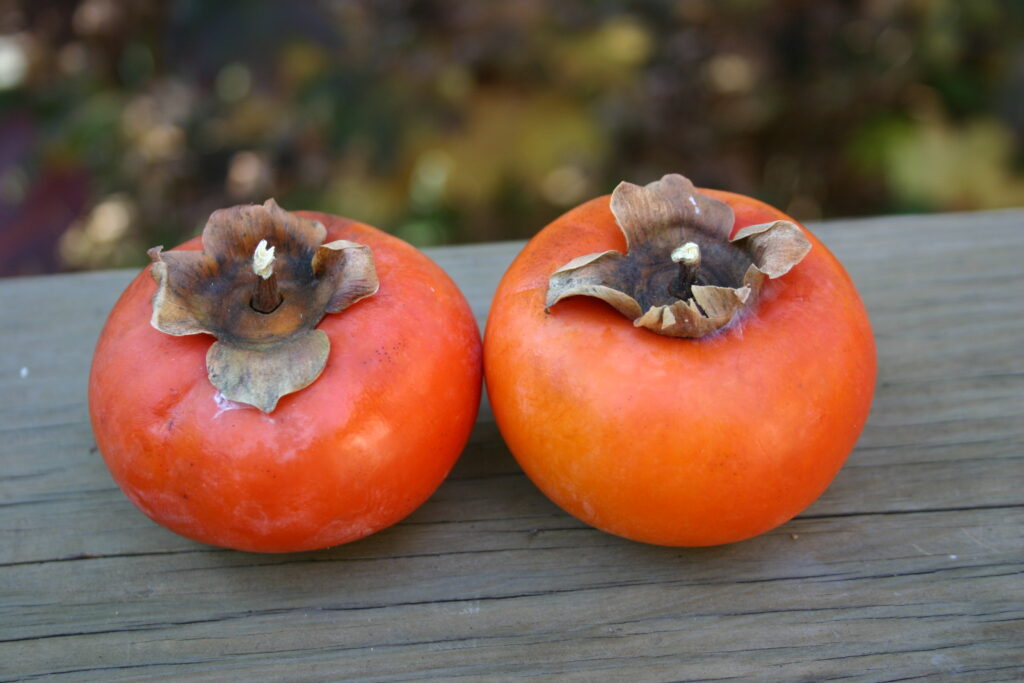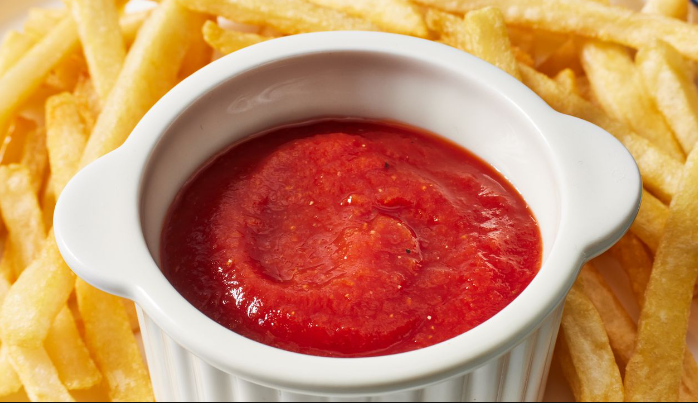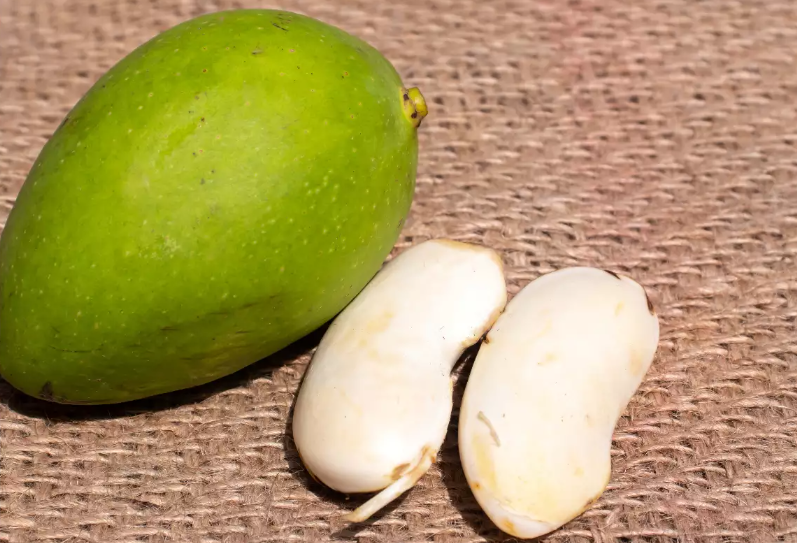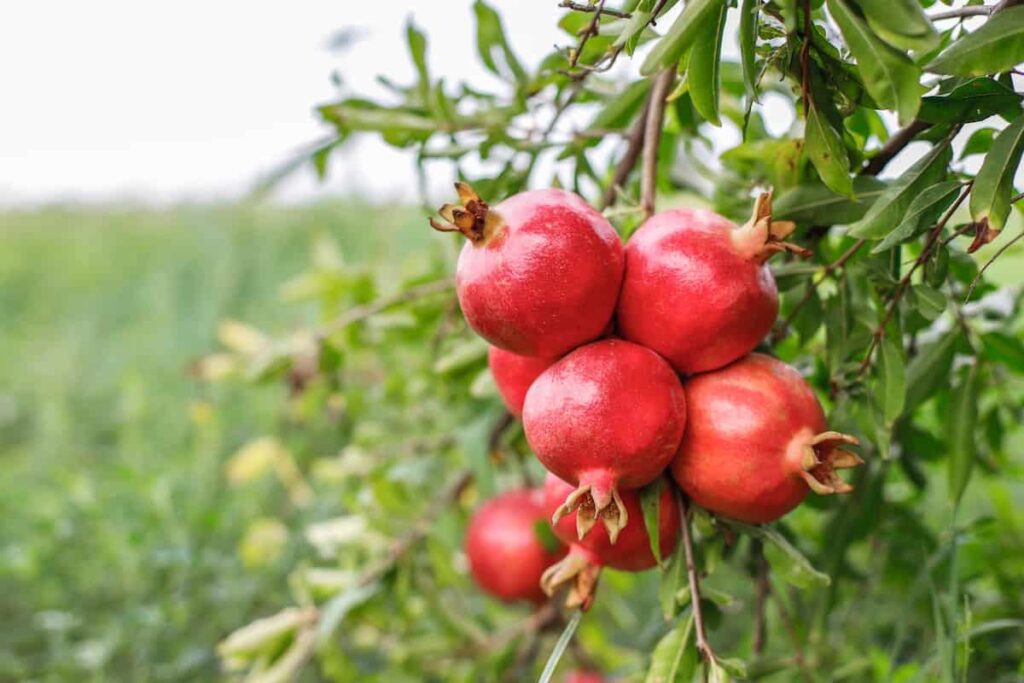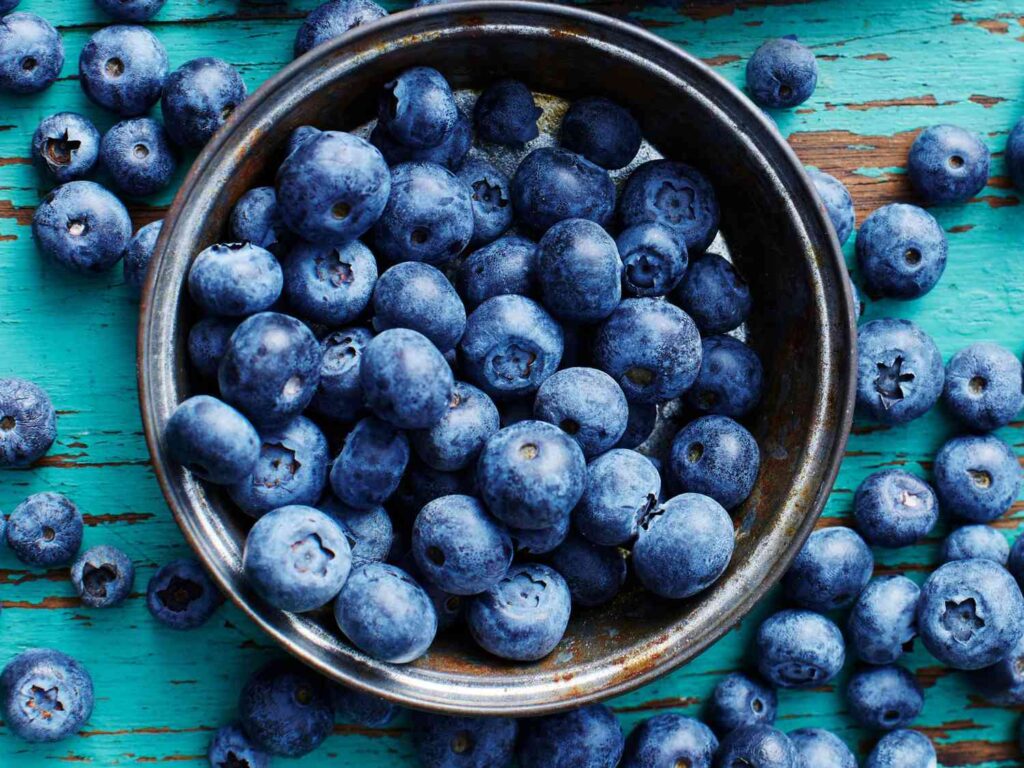Kiwi, the bright green and juicy fruit with a tangy-sweet taste, is a treat that many people around the globe love. It’s full of vitamins, minerals, and antioxidants that are great for our health. Kiwis are known for their health benefits and many people choose them as part of a nutritious diet.
Many people wonder if kiwi fruits are high in sugar, especially those who are health-conscious or watching their sugar intake. It’s important to know how much sugar kiwis have and whether they fit into a low-sugar diet. This article will examine kiwi’s sugar content and help you understand if it’s a high-sugar fruit.
Table of Contents
- What Is the Sugar Amount in Kiwi?
- Incorporating Kiwi into a Low-Sugar Diet
- Frequently Asked Questions About Kiwi’s Sugar Content
- How much sugar is in a single kiwi fruit?
- Is kiwi considered a high-sugar fruit?
- How does the sugar content of kiwi compare to other fruits?
- What is the glycemic index of kiwi?
- Can consuming kiwi help reduce sugar cravings?
- Is it safe for people with diabetes to consume kiwi?
- How can kiwi be incorporated into a low-sugar diet?
- Are there any negative health effects associated with consuming too much kiwi?
- Does the sugar content of kiwi vary depending on the type of kiwi?
- Can eating too much Kiwi lead to weight gain?
What Is the Sugar Amount in Kiwi?
Thankfully, kiwi is not a fruit that’s high in sugar. Every 100 grams of kiwi, which is about the weight of one kiwi fruit, has around 9 grams of sugar. This sugar amount is quite small, especially when you compare it with other fruits like bananas, mangoes, and grapes, which can have 20 grams of sugar or more in one serving.
Kiwis are a low-glycemic fruit, which means they don’t cause your blood sugar to rise quickly. This is partly because they’re high in fiber, which helps slow down how fast your body absorbs sugar.
When you enjoy kiwis in moderation, you can get lots of benefits without having too much sugar. Kiwis can boost your immune system, aid in digestion, and lessen inflammation. By adding kiwis to a varied and balanced diet, you can help your body stay healthy.
Incorporating Kiwi into a Low-Sugar Diet
If you’re trying to cut down on sugar but still want to eat fruit, kiwi is an excellent choice. Here’s why kiwi is good for a low-sugar diet:
- Gentle on sugar levels: Kiwi has less sugar compared to many fruits, which makes it a great choice for low-sugar diets.
- Rich in fiber: Having lots of fiber, kiwi can stop sugar from getting into the blood too quickly. It can also make you feel full and less likely to reach for sugary treats.
- Full of nutrients: Kiwis have loads of good stuff like vitamin C, vitamin K, potassium, and folate, which make them a nutritious part of any diet.
- Flexible in recipes: You can enjoy kiwi in a lot of ways, like in smoothies, salads, or by itself as a refreshing snack, making it easy to fit into a low-sugar eating plan.
- Ideal alternative for sweeter snacks: Kiwis can replace sweets like candy or desserts, offering you a tasty treat without a sugar overload.
Adding kiwi to a varied and balanced diet can boost nutrition without increasing your sugar consumption too much.
Frequently Asked Questions About Kiwi’s Sugar Content
How much sugar is in a single kiwi fruit?
A single kiwi fruit, which weighs approximately 100 grams, contains about 9 grams of sugar.
Is kiwi considered a high-sugar fruit?
No, kiwi is not considered a high-sugar fruit. It has a relatively low sugar content compared to other fruits.
How does the sugar content of kiwi compare to other fruits?
The sugar content of kiwi is relatively low compared to other fruits such as bananas, mangoes, and grapes, which can contain up to 20 grams of sugar or more per serving.
What is the glycemic index of kiwi?
The glycemic index (GI) of kiwi is relatively low. This is due to its high fiber content, which slows down the absorption of sugar in the bloodstream.
Can consuming kiwi help reduce sugar cravings?
Yes, consuming kiwi can help reduce sugar cravings due to its high fiber content, which can help keep you feeling fuller for longer and prevent spikes in blood sugar levels.
Is it safe for people with diabetes to consume kiwi?
Yes, kiwi is generally considered safe for people with diabetes to consume in moderation. However, it is important to consult with a healthcare provider to determine the appropriate intake of kiwi or any other fruit.
How can kiwi be incorporated into a low-sugar diet?
Kiwi can be incorporated into a low-sugar diet in various ways, such as adding it to smoothies, salads, or yogurt, or eating it on its own as a snack.
Are there any negative health effects associated with consuming too much kiwi?
Eating too much kiwi can lead to some stomach issues, like bloating, gas, or diarrhea for some people. It’s also possible to be allergic to kiwi, which might cause reactions like itching, swelling, or trouble breathing.
Does the sugar content of kiwi vary depending on the type of kiwi?
Yes, the amount of sugar in a kiwi can change depending on the kiwi type. For example, golden kiwis are often sweeter than green kiwis.
Can eating too much Kiwi lead to weight gain?
If you eat too much of any food, including kiwi, you could gain weight if it’s more than your body needs. But if you enjoy kiwis as part of a rich and varied diet and don’t overdo it, they’re not likely to cause weight gain.
